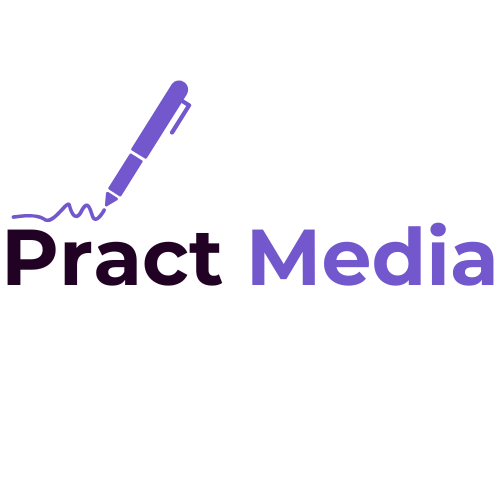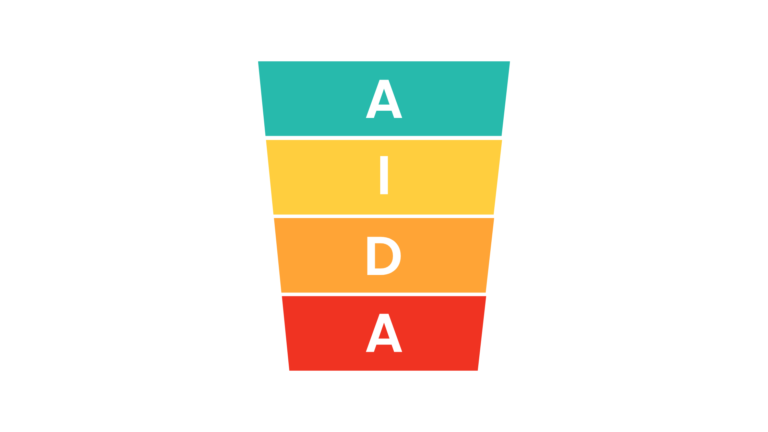How Do I Start Copywriting? Best Practices
Have you ever wondered what makes an advertisement so compelling that you can’t resist clicking the “Buy Now” button?
That’s the magic of copywriting! Whether you’re looking to sell products,
build brands, or write irresistible email campaigns, copywriting is the key.
But how do you begin your journey into this exciting field?
Let’s break it down step by step. On How Do I Start Copywriting?
What is Copywriting, & How do I start Copywriting
Copywriting is the art of crafting words that persuade people to take action.
It could be as simple as clicking a link, signing up for a newsletter, or purchasing.
It’s all about selling ideas, products, or services through words.
Why is Copywriting Important?
Think of copywriting as the backbone of modern marketing.
Without compelling copy, even the best products and services might go unnoticed. Copywriting grabs attention,
Builds trust, inspires action, and drives sales.
Understanding the Basics of Copywriting
Difference Between Copywriting and Content Writing
Copywriting focuses on persuading readers to take a specific action, while content writing aims to inform, entertain, or educate.
Both are essential, but the objectives differ.
Key Skills Every Copywriter Needs
Writing with Clarity
Your message should be easy to understand. Avoid jargon and keep your sentences short and punchy.
Persuasion Techniques
Learn how to tap into emotions.
Whether it’s FOMO (Fear of Missing Out) or a sense of urgency, persuasion is your secret weapon.
Understanding the Audience
Always know who you’re writing for.
The better you understand your audience, the more effectively you can connect with them.
Preparing Yourself to Be a Copywriter
Learn the Fundamentals of Marketing
Copywriting and marketing go hand in hand.
Understanding customer psychology, brand positioning, and sales funnels will set you apart.
Study Successful Copy Examples
Analyze ads, emails, and landing pages that perform well.
Break down what makes them tick and apply those insights to your work.
Understand the Different Types of Copywriting
Sales Copy
This includes ads, product pages, and brochures designed to close the deal.
Email Copy
Emails are a powerful tool for building relationships and driving conversions.
Website Copy
Think homepage headlines, call-to-action buttons, and about pages.
Building Your Copywriting Skills
Practice Writing Every Day
The more you write, the better you’ll become.
Set daily challenges, like rewriting famous ads or creating mock campaigns.
Learn SEO Basics for Online Copywriting
Understanding keywords and SEO will help your copy rank higher and reach a broader audience if you’re writing for the web.
Join Copywriting Communities
Engage with other copywriters to share insights, get feedback, and stay updated on industry trends.
Building a Portfolio
Start with Free or Personal Projects
Offer your services to friends, charities, or small businesses. You can also create mock projects to showcase your skills.
How to Showcase Your Work
Create a professional website or portfolio on platforms like Behance or Contently. Make it easy for potential clients to see your best work.
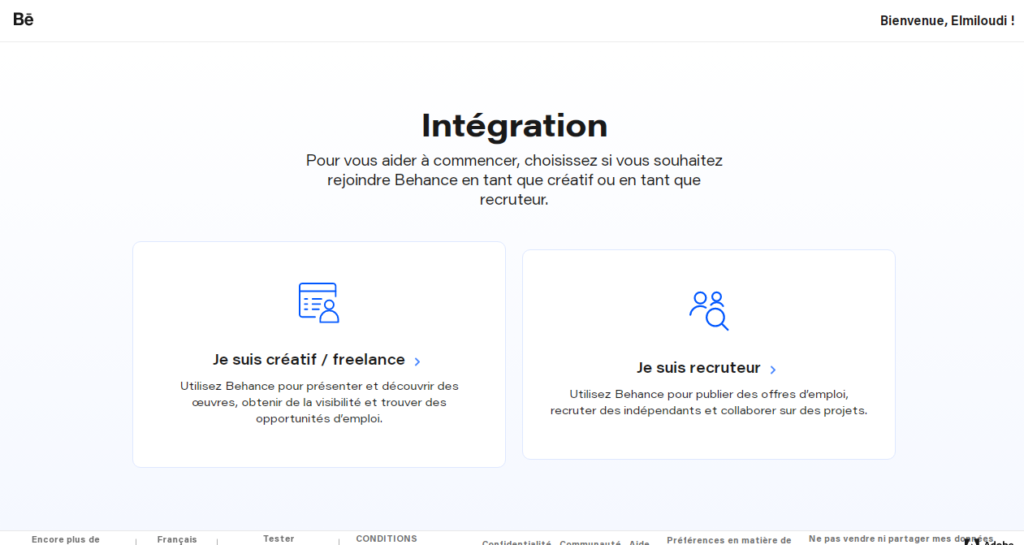
Finding Your First Copywriting Job or Client
Networking and Building Connections
Attend industry events, join online forums, and connect with professionals on LinkedIn.
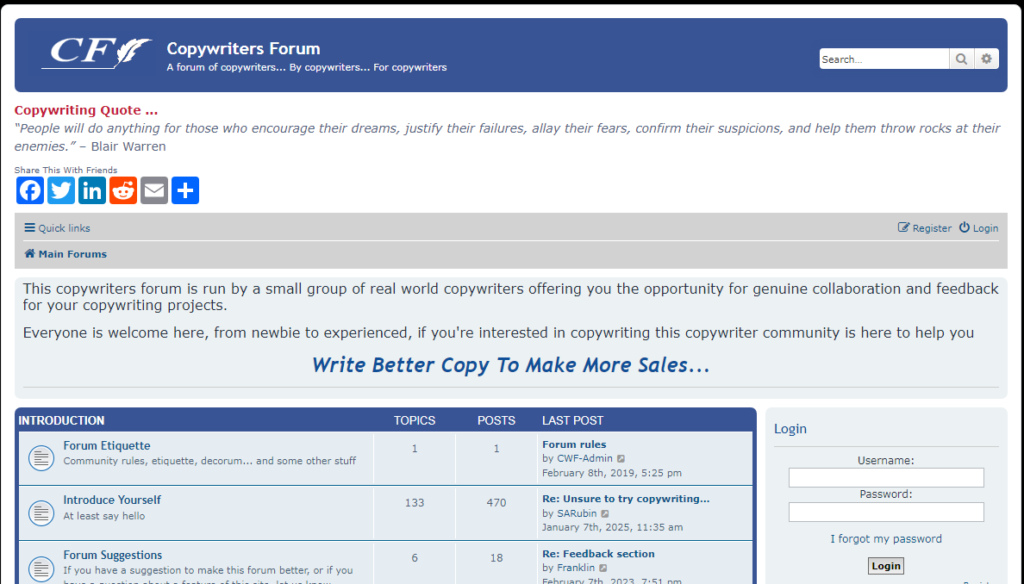
Pitching Your Services
Learn to craft personalized pitches that show potential clients exactly how you can solve their problems.
Where to Find Freelance Opportunities
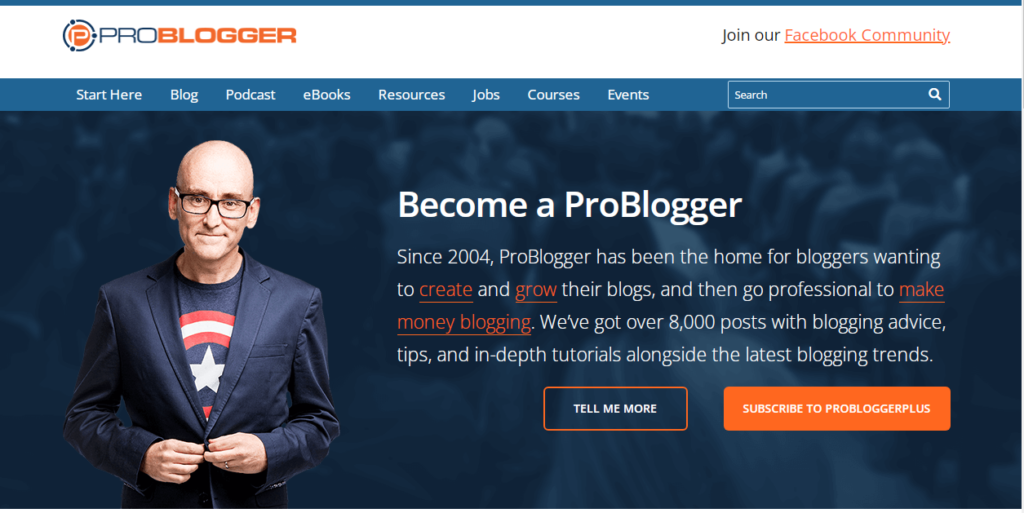
Check out platforms like Upwork, Fiverr, and ProBlogger. Don’t forget to explore local opportunities, too!
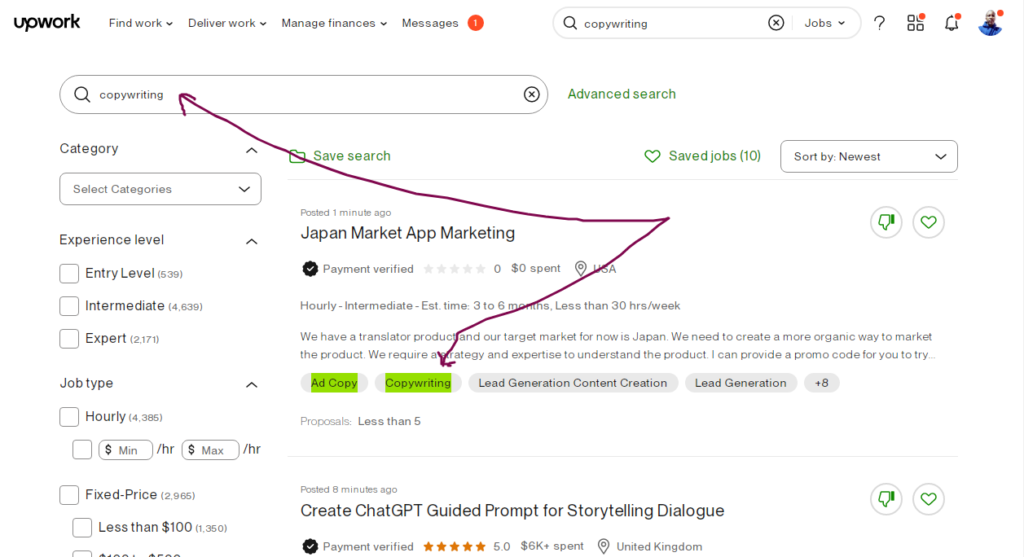
Conclusion
Starting as a copywriter may feel daunting, but with dedication and consistent effort, you’ll write compelling copy in no time.
Remember, every expert was once a beginner. Keep learning, keep practicing, and success will follow!
FAQs
1. What qualifications do I need to become a copywriter?
None! While formal education can help, skills and experience matter more.
2. How much can I earn as a beginner copywriter?
Beginners typically earn $20–$50 per hour, but rates increase as you gain experience.
3. Is it necessary to specialize in a niche for copywriting?
Specializing can help you stand out, but it’s not mandatory. Generalists can also succeed.
4. Can I become a copywriter without formal education?
Absolutely. Many successful copywriters are self-taught through online courses, books, and practice.
5. How long does it take to master copywriting?
It varies, but you can become proficient within 6–12 months with consistent practice.
